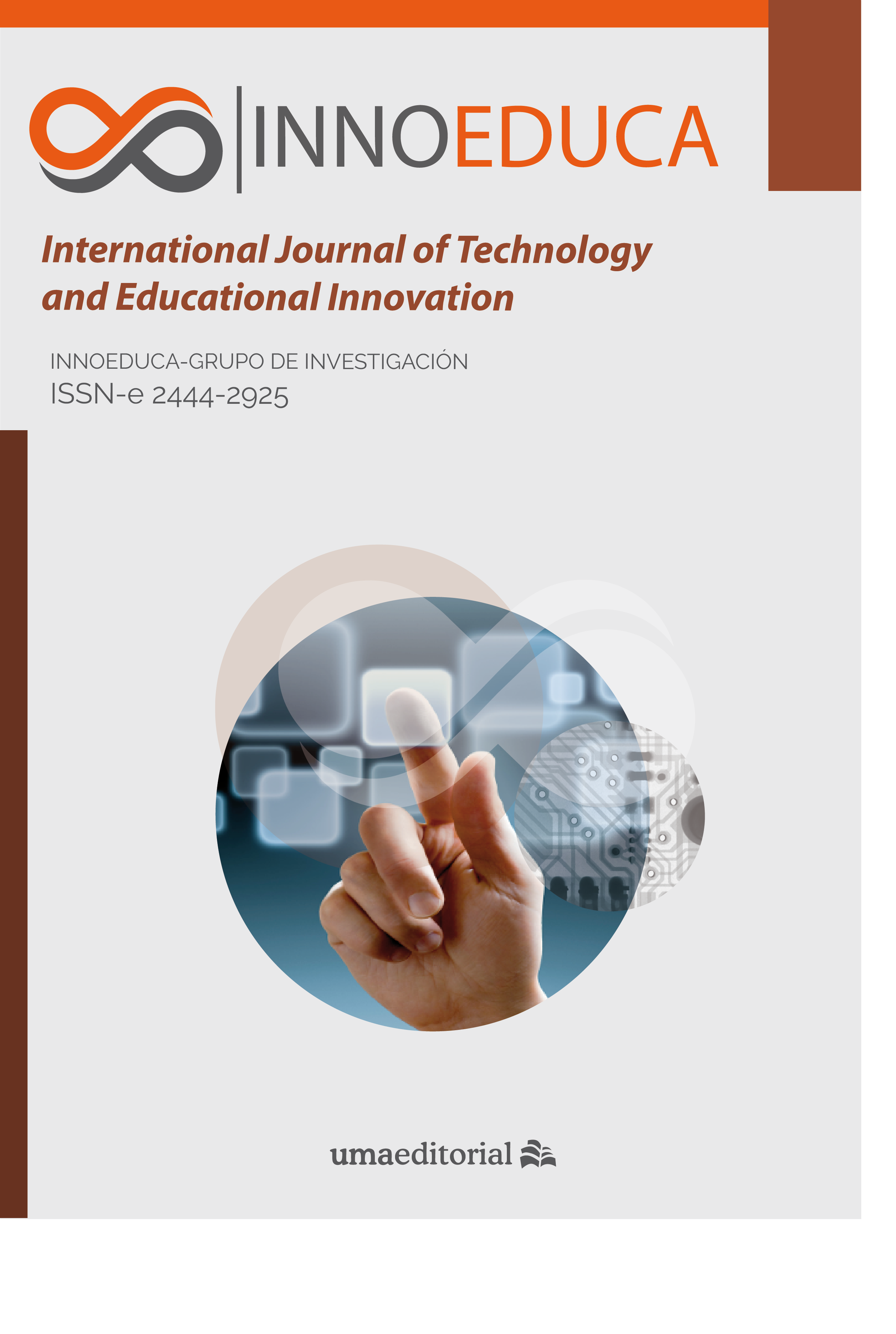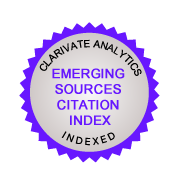Support knowledge areas for project management of venezuelan university professors
DOI:
https://doi.org/10.24310/innoeduca.2020.v6i2.5846Keywords:
management, project, knowledge areas, supportAbstract
Every university professor constantly faces projects. These professionals must consider that the impact of any activity or project they carry out exceeds the personal scope or the institution where they work, influencing society as a whole, it is so they must optimize their management. Within the methodology proposed by the Project Management Institute, are considered the so-called areas of knowledge which are a set of notions of various areas, from which techniques and tools are taken, useful for managing projects. The areas of knowledge are classified into three types: essential, integration and support, being these lasted the center of the present article, which has as general objective to diagnose the management in areas of knowledge of support of the professors of the Service Technology Department of the Simón Bolívar University from Venezuela. For this diagnosis, a self-assessment questionnaire was used where potential improvements and training needs were identified to the areas of knowledge of support related to the management of human resources, communications, risks, acquisitions and stakeholders.
Downloads
Metrics
Publication Facts
Reviewer profiles N/A
Author statements
Indexed in
-
—
- Academic society
- N/A
- Publisher
- Universidad de Málaga
References
Arias, F. (2012). El proyecto de investigación: introducción a la investigación científica. 6ta. edición. Caracas, República Bolivariana de Venezuela: Editorial Episteme.
Baca, G. (2013). Evaluación de proyectos. 7ma. edición. Ciudad de México, Estados Unidos Mexicanos: McGraw-Hill Interamericana Editores S.A.
Estrada, J. (2015). Análisis de la gestión de proyectos a nivel mundial. Palermo Business Review. 12, 61-98.
Fàbregues, S., Meneses, J., Rodríguez-Gómez, D. y Paré, M. (2016). Técnicas de investigación social y educativa. Reino de España: Editorial UOC.
Gómez, M. (2011). Aproximación a la visión del PMI acerca de las competencias requeridas por los gerentes de proyecto como componente fundamental de la dimensión humana del capital intelectual. Revista CONHISREMI, 7(1), 21-31.
Holloway, J., Bryde, D. y Joby, R. (2015). A practical guide to dealing with difficult stakeholders. Nueva York, Estados Unidos de América: Gower Publishing.
Marchewka, J. (2015). Information technology project management. Providing measurable organizational value. 5ta. edición. Hoboken, Estados Unidos de América: John Wiley & Sons.
Ollé, C. y Cerezuela, B. (2017). Gestión de proyectos paso a paso. Reino de España: Editorial UOC.
Palacios, L. (2009). Principios esenciales para realizar proyectos. Un enfoque latino. 4ta. edición. Caracas, República Bolivariana de Venezuela: Universidad Católica Andrés Bello.
Prieto, J. (2015). Proyectos: enfoque gerencial. 4ta. edición. Bogotá, República de Colombia: Ecoe ediciones.
Project Management Institute (2013). Guía de los fundamentos para la dirección de proyectos (Guía del PMBOK). 5ta. edición. Pensilvania, Estados Unidos de América: Project Management Institute, Inc.
Romano, G. y Yacuzzi, E. (2011). Elementos de la gestión de proyectos. Serie documentos de trabajo de la Universidad del CEMA. 449, 1-32.
Sebastián, M., Arenas, J. y Claver, J. (2017). Oficina técnica y gestión de proyectos. Madrid, Reino de España: Universidad Nacional de Educación a Distancia.
Turner, R. (2016). Handbook of project management. 5ta. edición. Nueva York, Estados Unidos de América: Editorial Routledge.
Ugas, L. (2008). La gestión de los proyectos en las empresas del sector energético. Caso: ENELVEN – CARBOZULIA. Télématique Revista Electrónica de Estudios Telemáticos, 7(2), 70-97.
Wallace, W. (2014).Gestión de proyectos. 4ta. edición. Edimburgo, Reino Unido: Edinburgh Business School.
Wilson, R. (2015). Mastering project management strategy and processes. Proven methods to meet organizational goals. Nueva Jersey, Estados Unidos de América: Pearson Education.
Downloads
Published
How to Cite
Issue
Section
License
All contents published by Innoeduca. International Journal of Technology and Educational Innovation are subject to Creative Commons Attribution-Nocomercial-NoDerivatives 4.0 International License, whose complete text can be consulted at https://creativecommons.org/licenses/by-nc-nd/4.0/legalcode. Thus, copying, distribution, public communication, derivative works and commercial use of content are permitted as of the aforementioned issue provided that the source and the author of the text are cited.
It is the responsibility of the authors to obtain the necessary permits for images that are subject to copyright.

This work is licensed under a Creative Commons Attribution-NonCommercial-NoDerivatives 4.0 International License.













242.png)








